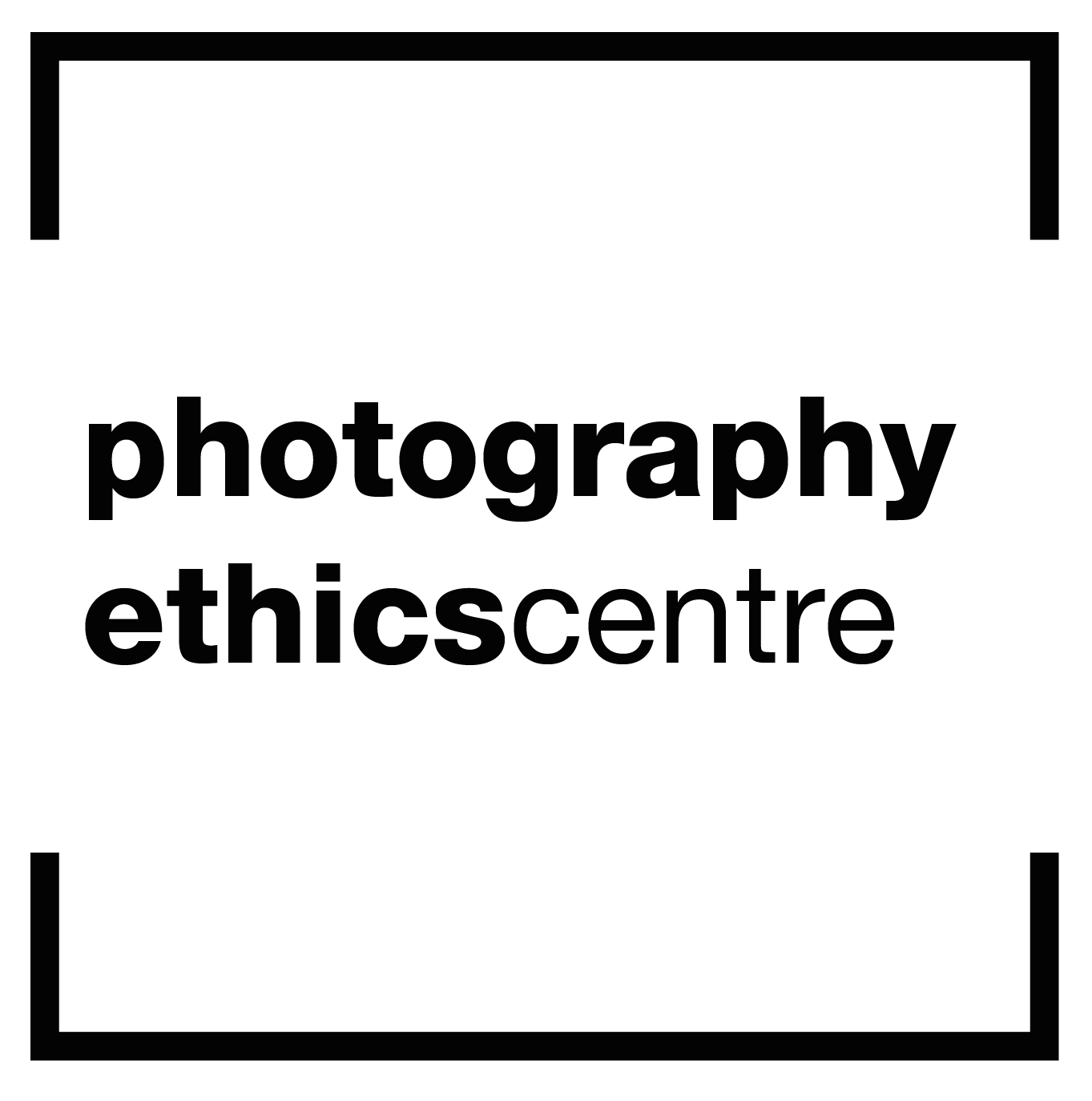Polly Irungu: On working intentionally
In this episode, we talk with Polly Irungu about the need to work intentionally and to ensure you are the right person to tell the story. She discusses how she first became interested in photography and how, despite initially knowing very few black women photographers, she was eventually able to find a sense of community and support. She talks about the impetus for creating Black Women Photographers, and the role of social media in fundraising and determining it’s purpose. Polly believes that, while it is important to learn from others, every photographer must determine their own approach to ethics.
What you’ll find inside:
“When you’re a self-taught photographer, you’re not taking a class called ‘Ethics 101.’ You’re not learning about the things that typically or whatever is considered standard that’s ethically wrong – you’re not learning that as a self-taught photographer. And then, depending on what journalism school you go to, you may not even learn there either. I mean, you’ll learn like ethics within journalism, but how does that translate into the world of photography?” (10:40)
“I want to leave this industry better than I found it.” (13:04)
About the inception of Black Women Photographers (14:43)
“I didn’t want to try to do anything for the sake of doing it. I really wanted to be intentional with anything that I do.” (19:05)
“What am I doing as a photographer, as a journalist, or as the founder of a community? What am I doing? How am I doing it? Where am I spending my time and energy? And, again, all those different questions that I ask myself, that’s just me trying to be more intentional about going about it.” (24:10)
Relating radio journalism to photography ethics: “Who are we having on the air, and are they the best person to tell this story? … It’s like, how we approach that and how we are so mindful of the voices we bring onto the air.” (28:00)
“Am I the best person? You know, I also have to ask that myself. Just because I’m Black or just because I’m a woman, am I still the best person for x y z? And so, I still say no to things. And I’m like, if I can say no, I know my counterparts who are white can also say no, and pass up an assignment, and can recommend someone else.” (31:55)
“What would I be leaving behind? And would I be proud of that? And what work would I be leaving behind, and so would I be proud of that work? And so I guess that’s how I think about it a lot, and how I think about what work I say yes to and what work I don’t say yes to, because it plays a large part in the mark you’ll be leaving.” (33:23)
What does photo ethics mean to Polly?
“I feel like this definition is constantly changing. Again, I think there are fundamentals that everyone probably knows and sticks to, but then you go beyond that and then everyone should have their own personal line where they do not cross. … My definition of ethics would be … different compared to what photography may be because, again, it wasn’t set up for someone like me to thrive in.” (39:42)
Links:
Multimedia journalist, digital editor, and self-taught photographer Polly Irungu is the founder of Black Women Photographers, a global community and online database of Black women and non-binary photographers.
Born in Nairobi, Kenya, Polly has lived around the world from Nairobi to Topeka, Kansas to Eugene, Oregon to Washington, D.C., to Little Rock, Arkansas, and ultimately to Brooklyn, New York.
In 2017, Polly completed a degree in Journalism from the University of Oregon. Polly’s work as a photographer has been published in NPR, BBC News, The Washington Post, and BuzzFeed, among many others. Polly has spoken widely about Black Women Photographers, building communities, photography, social media, branding, podcasting, media diversity, African media, and journalism. Polly is also a Digital Content Editor at New York Public Radio (WYNC).
You can see her work at https://www.pollyirungu.com
This podcast is supported by the Rebecca Vassie Trust, a UK-based charity which promotes the art of narrative photography through granting bursary awards to up-and-coming photographers, and funding public education projects like this one. This podcast has full editorial independence, and the views expressed in this series are not necessarily those of the Trust.
